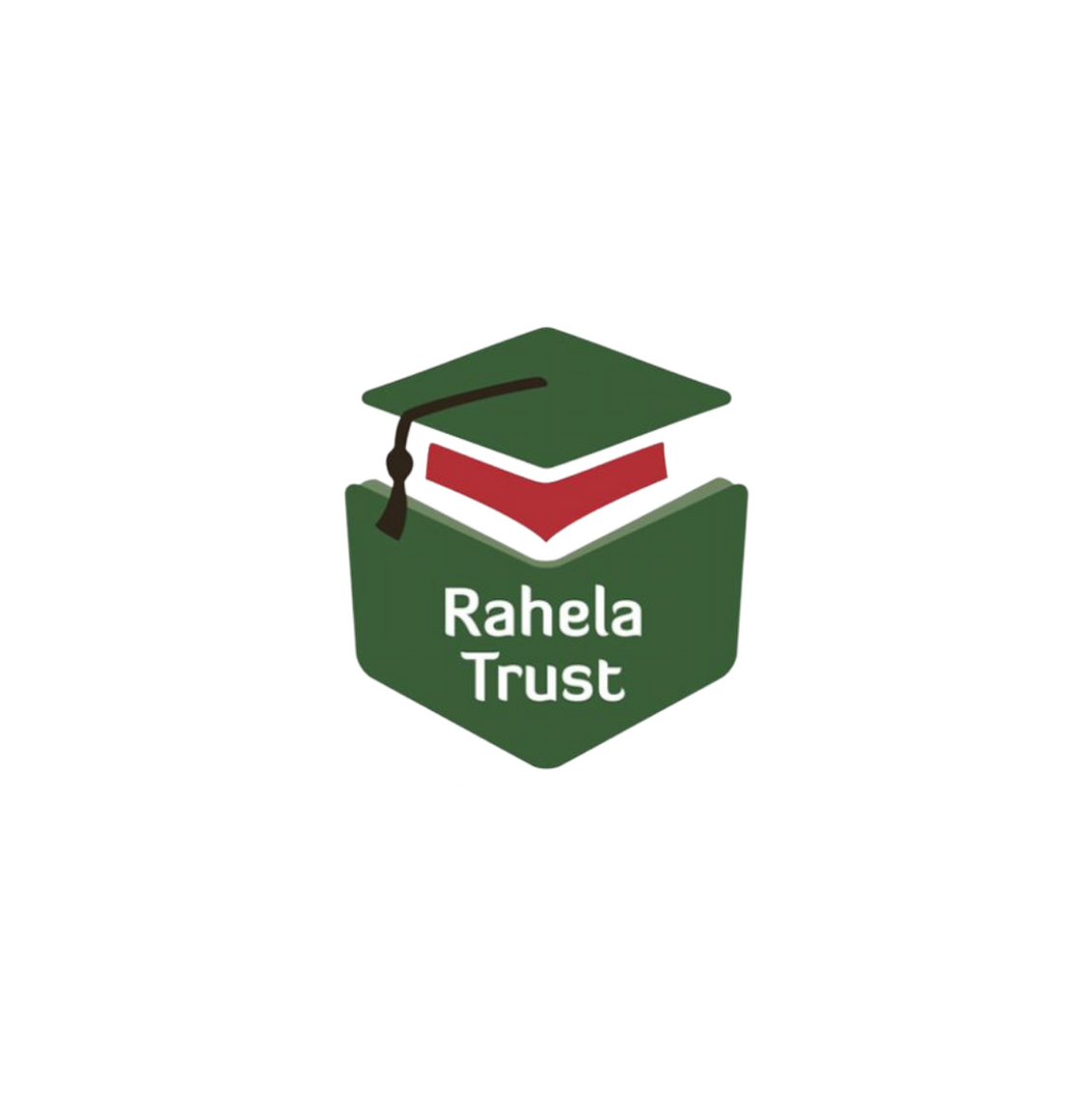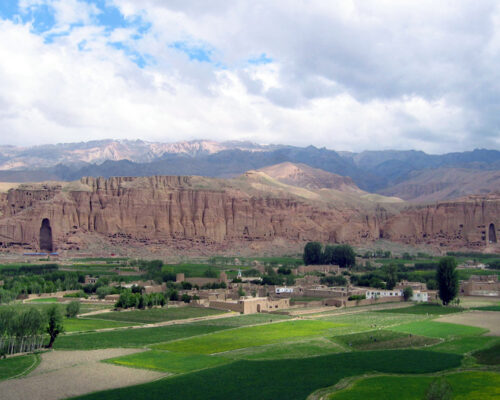Scholarships
Since 2015, Rahela Trust has provided scholarships to 40 academically talented and disadvantaged girls across four provinces in Afghanistan.
Scholarship implementation
The Trust operates scholarships in partnership with selected private (non-state) universities and third-level colleges, accredited by the Afghan Ministry for Education.
We focus on developing relationships with institutions outside of the capital so to ensure we are accessible to women who are from the most underprivileged areas of Afghanistan which tend to be rural.
Recruiting new scholars
Since the Taliban takeover in August 2021, Rahela Trust took the executive decision to pause all recruitment for new scholars to focus attention on supporting existing scholars during the crisis.
A year on [writing in August 2022], scholar recruitment will resume as normal.
Currently, we have 14 scholars studying in Afghanistan.

